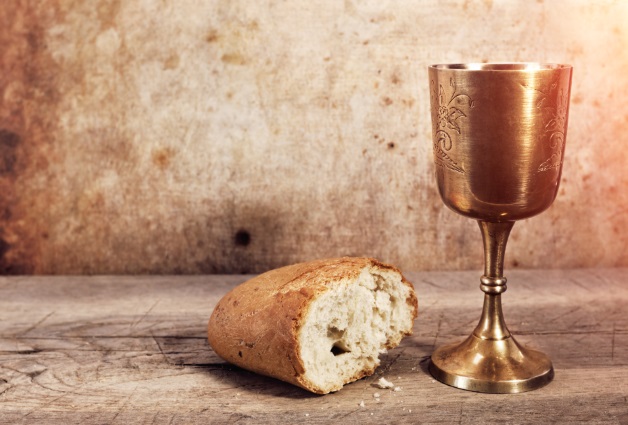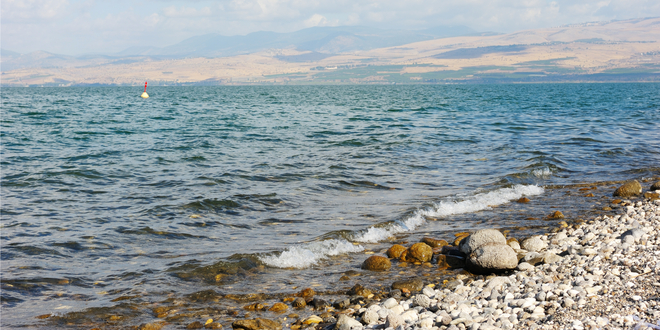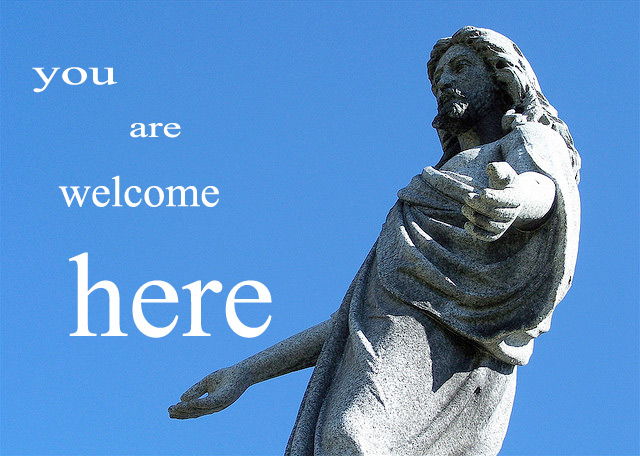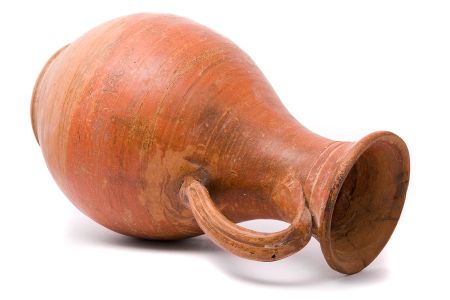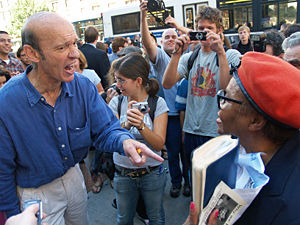John 6:41-59
41 Then the Jews began to complain about him because he said, “I am the bread that came down from heaven.” 42 They were saying, “Is not this Jesus, the son of Joseph, whose father and mother we know? How can he now say, ‘I have come down from heaven’?” 43 Jesus answered them, “Do not complain among yourselves. 44 No one can come to me unless drawn by the Father who sent me; and I will raise that person up on the last day. 45 It is written in the prophets, ‘And they shall all be taught by God.’ Everyone who has heard and learned from the Father comes to me. 46 Not that anyone has seen the Father except the one who is from God; he has seen the Father. 47 Very truly, I tell you, whoever believes has eternal life. 48 I am the bread of life. 49 Your ancestors ate the manna in the wilderness, and they died. 50 This is the bread that comes down from heaven, so that one may eat of it and not die. 51 I am the living bread that came down from heaven. Whoever eats of this bread will live forever; and the bread that I will give for the life of the world is my flesh.”
52 The Jews then disputed among themselves, saying, “How can this man give us his flesh to eat?” 53 So Jesus said to them, “Very truly, I tell you, unless you eat the flesh of the Son of Man and drink his blood, you have no life in you. 54 Those who eat my flesh and drink my blood have eternal life, and I will raise them up on the last day; 55 for my flesh is true food and my blood is true drink. 56 Those who eat my flesh and drink my blood abide in me, and I in them. 57 Just as the living Father sent me, and I live because of the Father, so whoever eats me will live because of me. 58 This is the bread that came down from heaven, not like that which your ancestors ate, and they died. But the one who eats this bread will live forever.” 59 He said these things while he was teaching in the synagogue at Capernaum.
Lots going on here, but let’s talk about bread, wine, blood, and flesh: non-zombie edition.
Jesus certainly seems to be pushing the limits of his whole “bread of heaven” idea pretty far. But John, editing Jesus’ memoirs decades later, also seems to phrase this in terms that evoke the practice of communion, or what some places is called the Lord’s Supper, or the Eucharist.
What’s happening when each week I take this little piece of bread and dip it in wine, and eat it in memory of Jesus?
Well, I’m eating a wine-soaked cracker, for starters, which is an odd thing to do. Odd doesn’t seem like a problem for Jesus. He takes it weirder.
He was turned over to the justice system by the leaders of his own religion and then killed as an enemy of the state. But he and his friends said that his death was also no accident, that in it Jesus was completing God’s tour of getting to know the suffering of the human experience first hand, taking on our burdens and grief and consequence of all our jacked-up ways. He was the sacrifice to end all sacrifice, rooting violence out of the religious experience. He showed us what God is like, loving and forgiving even as we killed him. And he began undoing the power of sin and death from the inside out by overcoming it himself. I pick up that piece of bread that Jesus said was his body, soaked in the wine that Jesus said was his blood, and I remember some of these things.
Jesus also said this wine was about a New Covenant, a new agreement God has made with people. The Old Covenant said obey me and life will go well, disobey and you will die. I’m simplifying – it had its beauty, to be sure – but I’m also fairly directly paraphrasing the words key words of the law books.
Jesus’ new way sounds very different. No wonder they’re arguing. Change in our mental models of anything, including our models for God and faith, is hard.
Jesus says to trust that he’s from God. He knows the Father. And feast on him, live with him. Eat what God’s sent down, and live forever.
That little wine-soaked cracker isn’t going to help me live very long, but as I chew and swallow, I think, Jesus, you are my way to God. You have what I need for all the things I can’t do for myself. You can stir in this crazy concoction of my life circumstances and make out of it joy and peace and love and courage and wonder. Help me live today, Jesus.


